Chronicle of Dissent - Dead And Censored; West's Ignorance of WWI Poets
It’s strangely hard to find accounts of the war from many countries — the victors write the history.
Guard Duty
A star frightens the steeple cross
a horse gasps smoke
iron clanks drowsily
mists spread
fear
staring shivering
shivering
cajoling
whispering
You!
August Stramm, d. Sep 1, 1915, Pripet Marshes, Belarus-Ukraine, aged 41.
Eternal
I’m in the days’ embracing limits,
Where even skies are ever gray,
Look through the ages, live in minutes,
And wait for Holy Saturday;
The end of soul’s aimless travels,
Of luck’s and trouble’s peaceful end.
O, come, my day when I’ll be able
To Know, See and Understand.
My soul will be so new and broad,
All, that’s alluring, will be mine.
And I will bless the golden road,
From blind worm unto golden sun.
And he, who went with me wherever,
Trough thunders and the silent peace,
He, who was kind to me in fever,
And cruel when I stayed in bliss;
Who taught me to a wisdom whole,
To fight, reserve, or overcome,
Will turn to me, and leave his pole,
And simply tell me, “We have come.”
Nikolai Gumilyov, Russian cavalry WWI, executed by Bolsheviks, 1921, aged 35.
À Cam
Only for rare, short moments do I ever understand, at last, my dearest
brother, that you are dead.
For me, you left months ago and I simply think you have been away
too long,
And I live my life as if I were sure they are holding you there in their
gloomy forests,
But I believe you will come back on the day when the bugles sound
our victory.
And I wait for you, and wear no black veils, and when friends’ eyes fill
with pity, I am all stubborn poise.
And they wonder that I can be so brave – but where is the bravery,
when I still believe you will come back to me,
When I believe that I shall see you walk back in one day through this
old porch, in the pale blue uniform you wore when you left, that
last evening?
Together, we had walked out along the path through the peaceful
fields,
And you, as you often do, had your hand on my shoulder, gentle and
protective.
And we walked along, as one, in perfect step, as night fell round us.
– And that evening, perhaps, more than ever, was when we felt our
love’s full force.
You left with a smile, and said to us all: ‘Back soon!’
– So how should I think you will never come back, when every
promise you ever made you have kept?
It would be the first time you had ever deceived me…
– And how pointless loving you would be, and how paltry my love,
If it failed to bring you back to me, back from where they say you lie
amongst the dead!
No one has shown me proof that you are amongst the dead,
And I place no reliance on their flimsy affirmations.
And I sit waiting for you, for there must always be a woman to watch
the night-light,
Lest the sick man think he is alone and the soul depart the body.
Can you perhaps, if you’re still alive, can you perhaps sense the still,
small flame
From across the ravaged provinces that lie between us?
Sleep, my silent one; and rest; have no fear for the light, it shan’t go
out;
I feel I shall wait for you, month in, month out, my whole life long;
When my hair is white, I shall still be hoping to see you walk back in
through this porch.
Only for rare, short moments can I ever, sometimes, understand
that you are dead.
Henriette Charasson, November 1916
Reproduced from French Poems of the Great War translated by Ian Higgins.
Break of Day in the Trenches
The darkness crumbles away.
It is the same old druid Time as ever,
Only a live thing leaps my hand,
A queer sardonic rat,
As I pull the parapet’s poppy
To stick behind my ear.
Droll rat, they would shoot you if they knew
Your cosmopolitan sympathies.
Now you have touched this English hand
You will do the same to a German
Soon, no doubt, if it be your pleasure
To cross the sleeping green between.
It seems you inwardly grin as you pass
Strong eyes, fine limbs, haughty athletes,
Less chanced than you for life,
Bonds to the whims of murder,
Sprawled in the bowels of the earth,
The torn fields of France.
What do you see in our eyes
At the shrieking iron and flame
Hurled through still heavens?
What quaver—what heart aghast?
Poppies whose roots are in man’s veins
Drop, and are ever dropping;
But mine in my ear is safe—
Just a little white with the dust.
Isaac Rosenberg, d. April 1, 1918, Arras, aged 28.
O, Little David, Play on Your Harp
O, Little David, play on your harp,
That ivory harp with the golden strings
And sing as you did in Jewry Land,
Of the Prince of Peace and the God of Love
And the coming Christ Immanuel.
O, Little David, play on your harp.
A seething world is gone stark mad;
And is drunk with the blood,
Gorged with the flesh,
Blinded with the ashes
Of her millions of dead.
From out it all and over all
A monster in the guise of man.
He is of war and not of war;
Born in peace,
Nurtured in arrogant pride and greed,
World-creature is he and native to no land.
And war itself is merciful
When measured by his deeds.
Beneath the Crescent
Lie a people maimed;
Their only sin—
That they worship God.
On Russia’s steppes
Is a race in tears;
Their one offense—
That they would be themselves.
On Flanders’ plains
Is a nation raped;
A bleeding gift
Of “Kultur’s” conquering creed.
And in every land
Are black folk scourged;
Their only crime—
That they dare be men.
O, Little David, play on your harp,
That ivory harp with the golden strings
And psalm anew your songs of Peace,
Of the soothing calm of a Brotherly Love,
And the saving grace of a Mighty God.
O, Little David, play on your harp.
Joseph Seamon Cotter, Jr. d February 3, 1919, aged 24.
In Flanders Fields
In Flanders fields the poppies blow
Between the crosses, row on row,
That mark our place; and in the sky
The larks, still bravely singing, fly
Scarce heard amid the guns below.
We are the dead. Short days ago
We lived, felt dawn, saw sunset glow,
Loved, and were loved, and now we lie
In Flanders fields.
Take up our quarrel with the foe:
To you from failing hands we throw
The torch; be yours to hold it high.
If ye break faith with us who die
We shall not sleep, though poppies grow
In Flanders fields.
Lieutenant-Colonel John McCrae, d. Jan 28, 1918, Boulogne, aged 45.



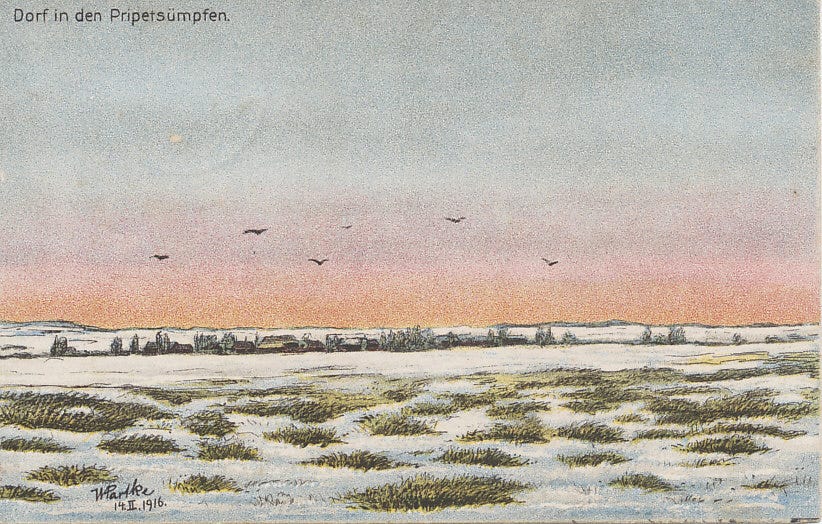
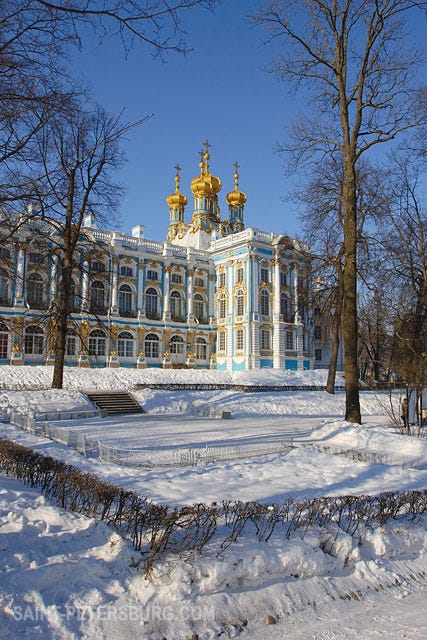
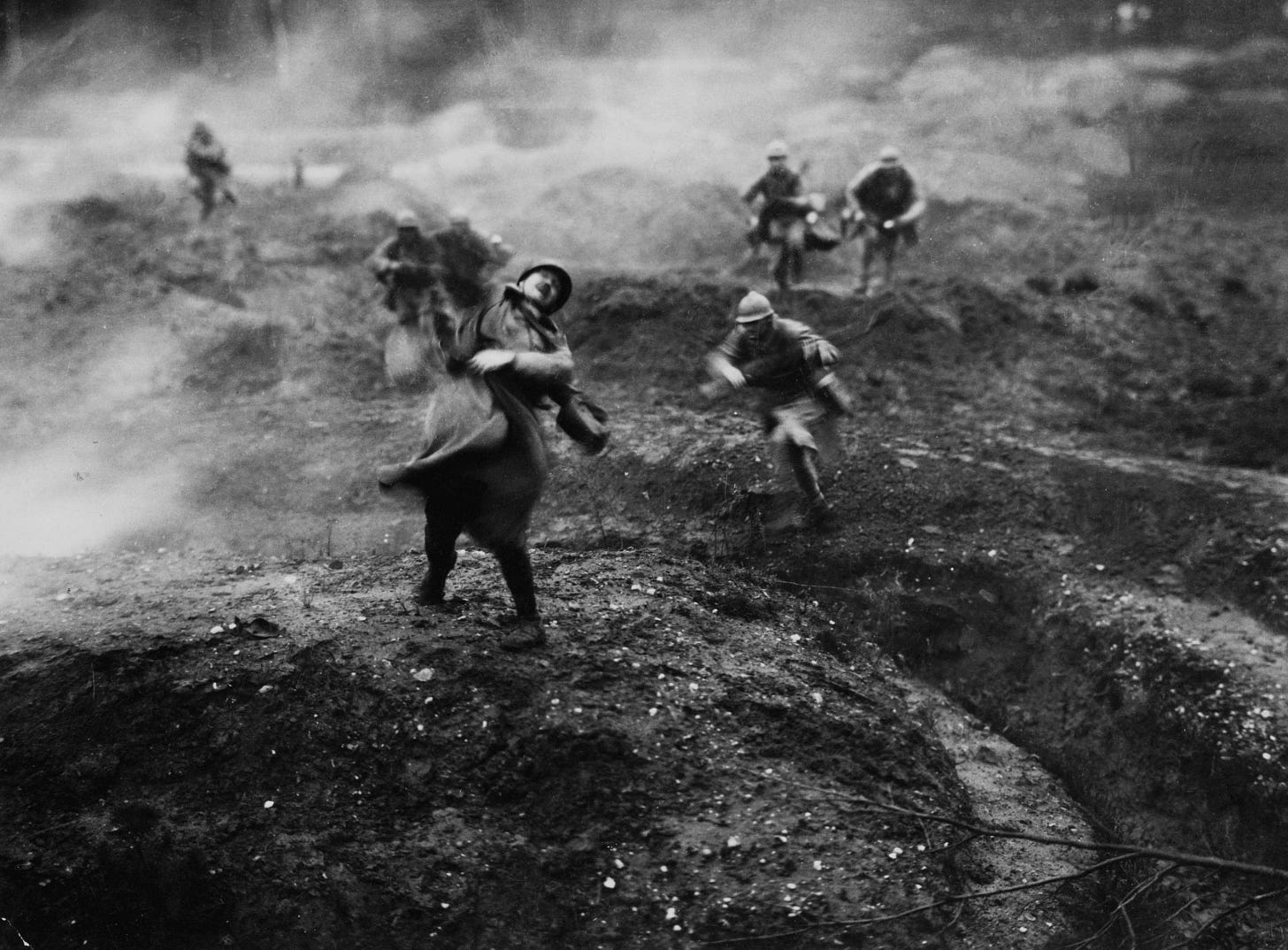
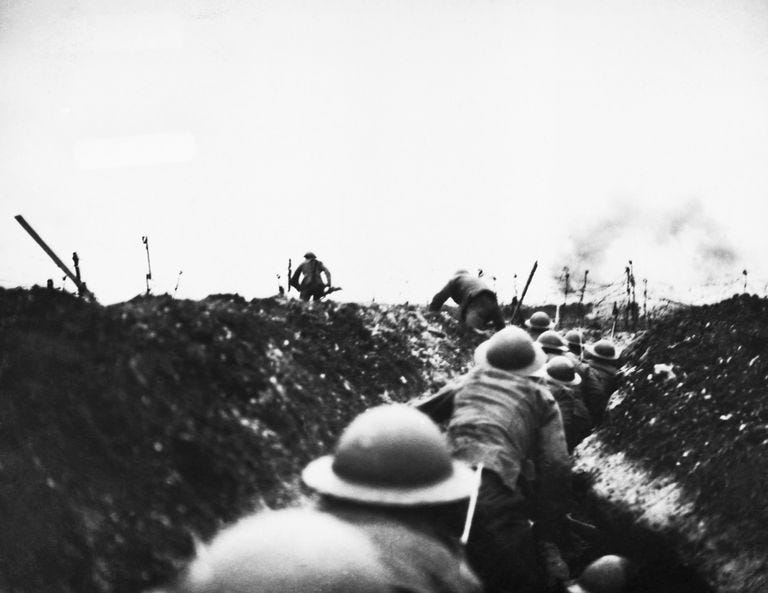

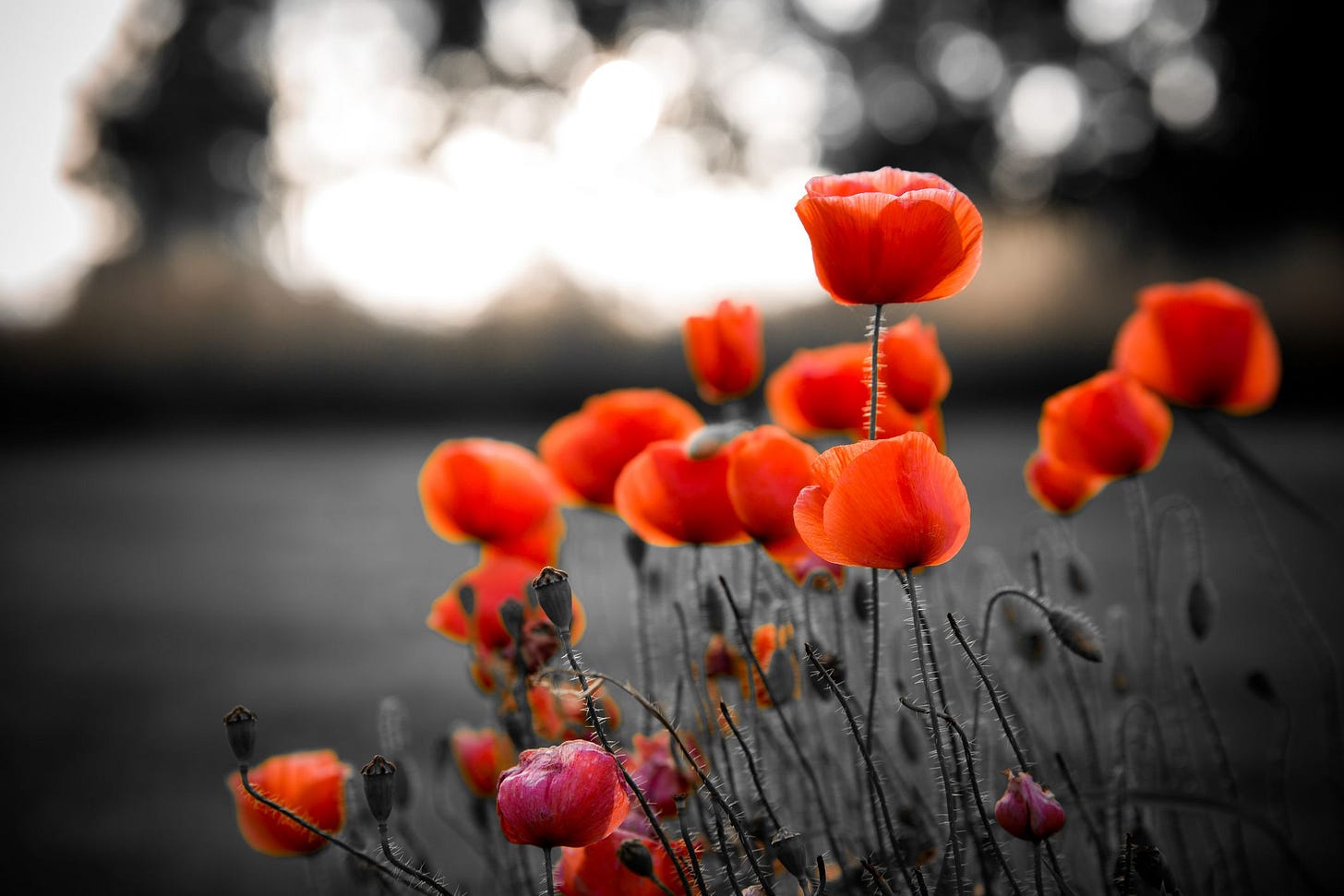
The tender words about such sorrow.
And here we are, the human species, this time
could be the last time
all mankind, in every corner of the earth must surely know
Thank you. I have always felt so helpless for the men and women, children and parents as well as the unwitting soldiers who contribute themselves to nothing more than the evil of the perpetrators of all wars. So I give attention to the suffering that they are not alone. Perhaps Karma is a real thing and those who go through their human life this way are supposed to.